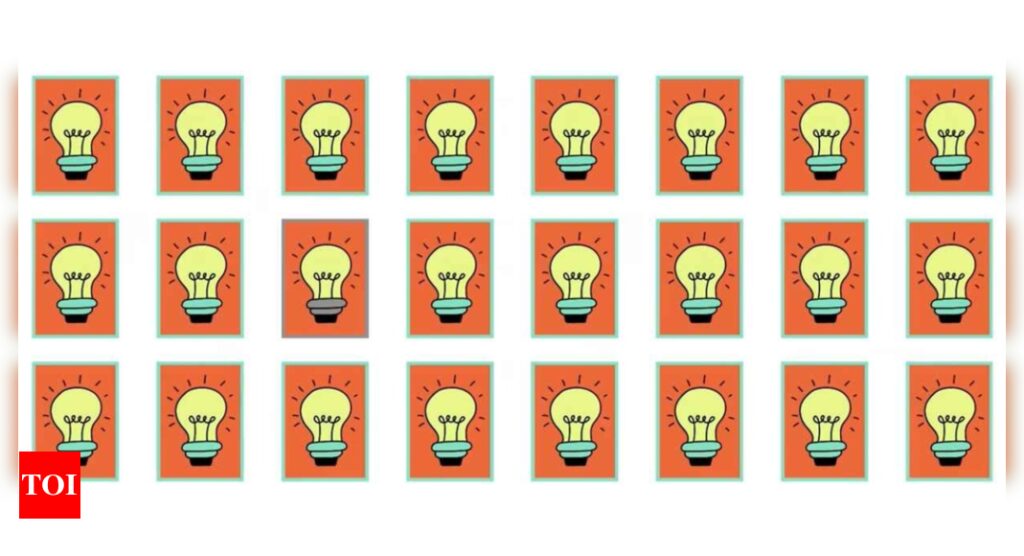Here is a new challenge for you. In this game you have to find two animals that are hidden and very difficult to see at first sight. Well, if you like solving optical illusions then this is the game for you as it is challenging and has a higher difficulty level. Optical illusions are a fascinating phenomenon in which what we see does not completely match reality. Our brains are incredibly good at interpreting visual information based on past experiences and context, but sometimes this can lead us astray. Imagine you are looking at a painting in which the lines appear to bend, the colors change, or the shapes appear to be moving. These illusions trick our perception by exploiting the way our brains process visual signals. In this image you can see a man, perhaps a father, and his children sharing a happy moment together doing carpentry. Although only one dog can be easily seen, the challenge of finding the other two animals makes this optical illusion difficult and exciting at the same time. If you closely examine the image, you won’t find any animals even close to the main elements of the photo. But if you look closely, you will see a butterfly and a bat in the picture. Interesting, isn’t it?
What’s really cool is that optical illusions aren’t just fun puzzles; they also help scientists understand more about how we perceive the world. By studying these tricks, researchers can learn about the brain’s visual pathways and how we understand what we see. So the next time you encounter one, you’re not just seeing a trick – you’re delving into the mysteries of human perception!
How to solve optical illusions easily?
- Relaxing your eyes can help shift focus and reveal hidden images. Try to look at the illusion with gentle eyes instead of staring intensely. This relaxed focus often helps uncover hidden elements as your eyes adjust to the image.
- Adjusting the angle at which you view the optical illusion can sometimes make the hidden image more obvious. Try tilting your head or changing your position to see if hidden elements become more apparent from a different perspective.
- Instead of looking at the whole image, focus on smaller parts. This can help your brain piece together hidden details. By examining different parts of the image, you may be able to spot patterns or shapes that reveal hidden images.
- Blur your vision a little by looking at the out-of-focus illusion. This technique can help your brain integrate visual information differently, making it easier to recognize hidden details that aren’t immediately obvious when viewing sharp images.
- Experiment with different lighting conditions. Sometimes changing the lighting or viewing an image under different lighting can enhance contrast and make hidden elements stand out more clearly.
- If possible, invert the colors of the optical illusion. This can change image contrast and sometimes make hidden details more apparent by shifting the image to a new perspective.
- A magnifying glass can help you closely examine the intricate details of the illusion. By zooming in on specific areas, you can identify patterns or shapes that are difficult for the naked eye to perceive.
- Take a break and come back to the image later. Sometimes, breaking free from an illusion and revisiting it later can help you see hidden images that were previously overlooked due to visual fatigue or mental blockage.
- If you’re having trouble, look for hints or find instructions that explain the location of hidden images. Many optical illusions come with clues or explanations that can guide you in identifying the hidden elements.
- Regularly practicing with various optical illusions can improve your ability to detect hidden images. The more you practice, the better your eyes and brain become at recognizing patterns and decoding complex images, making it easier to solve illusions.
112753083



